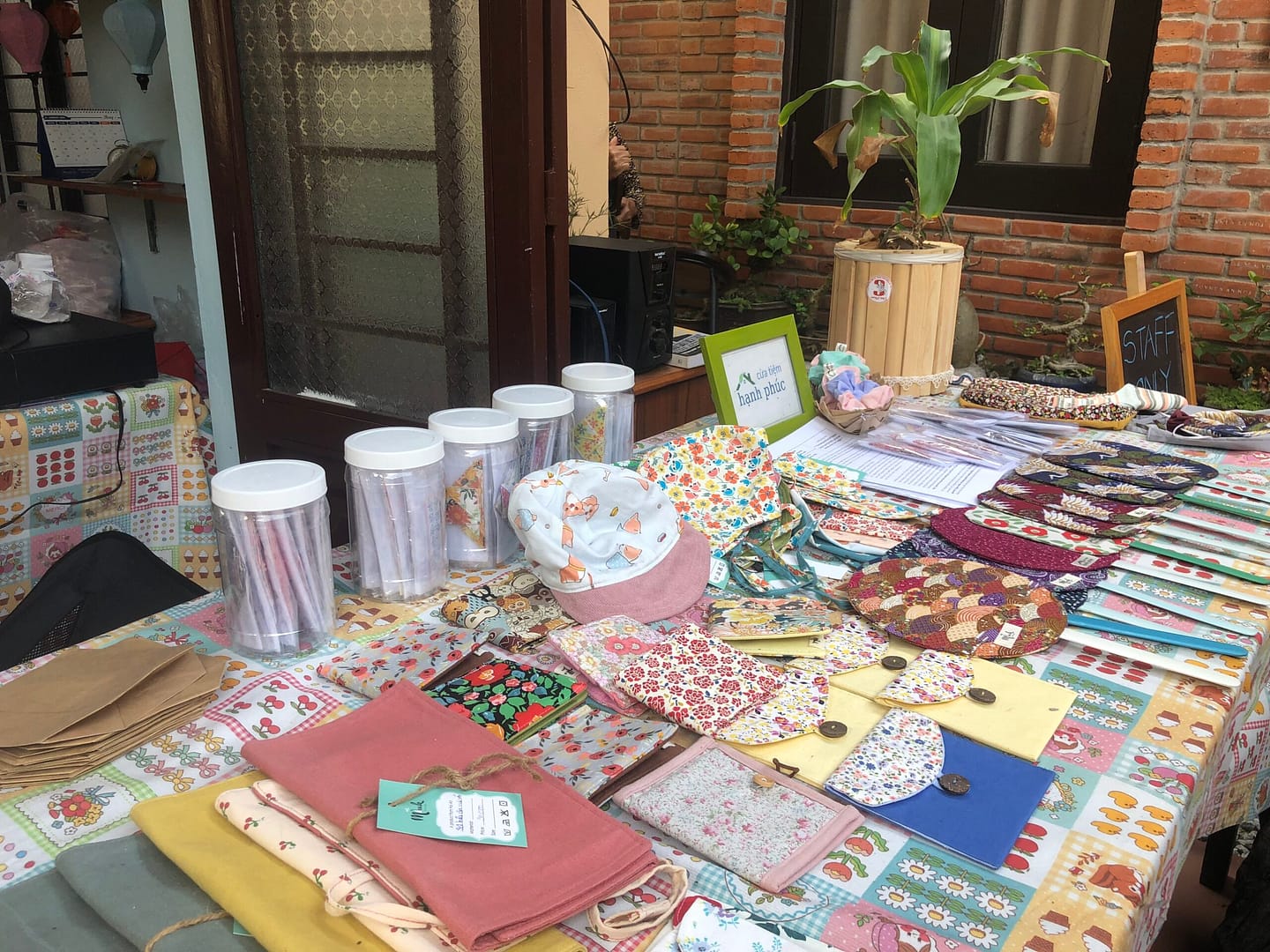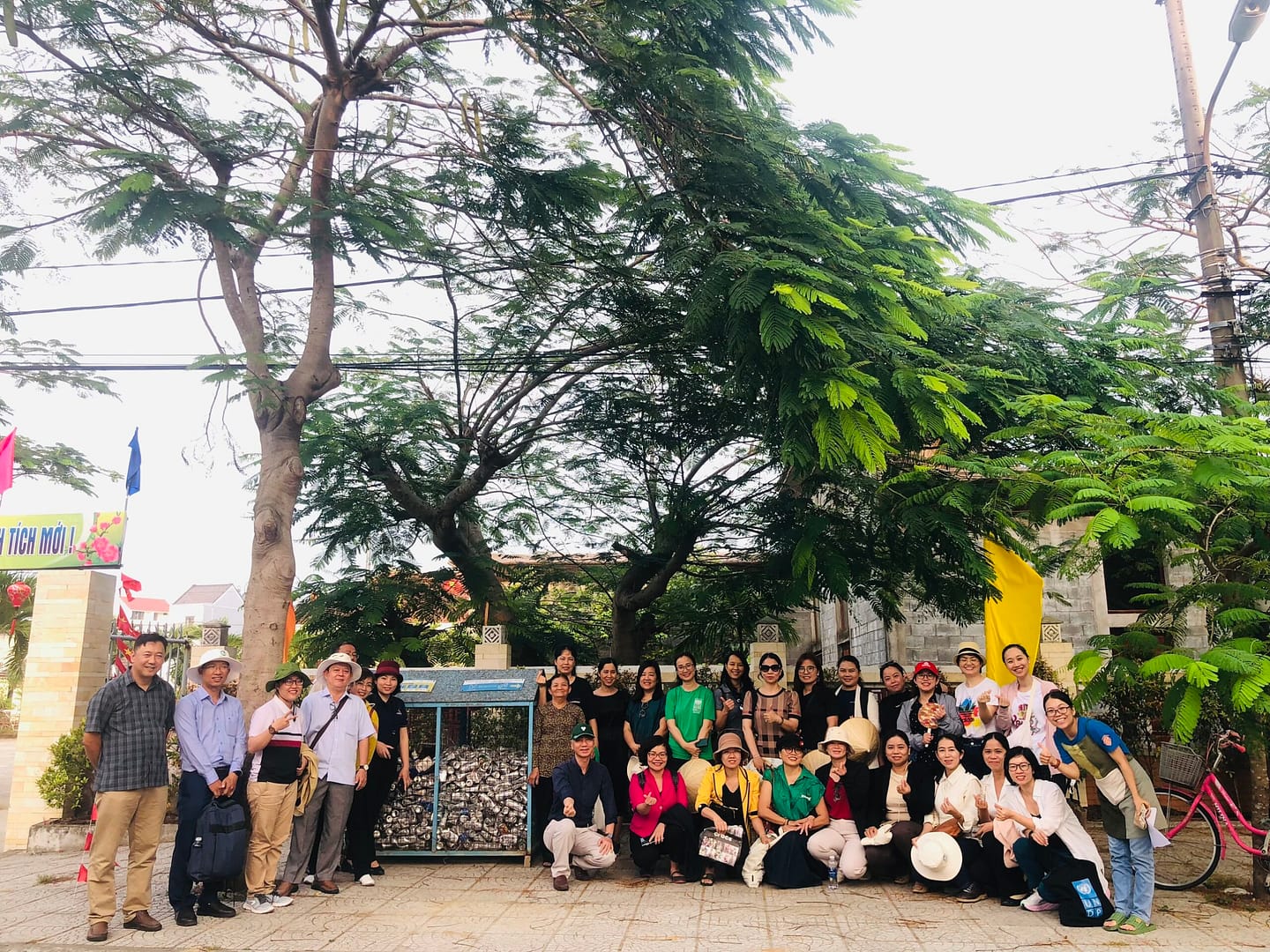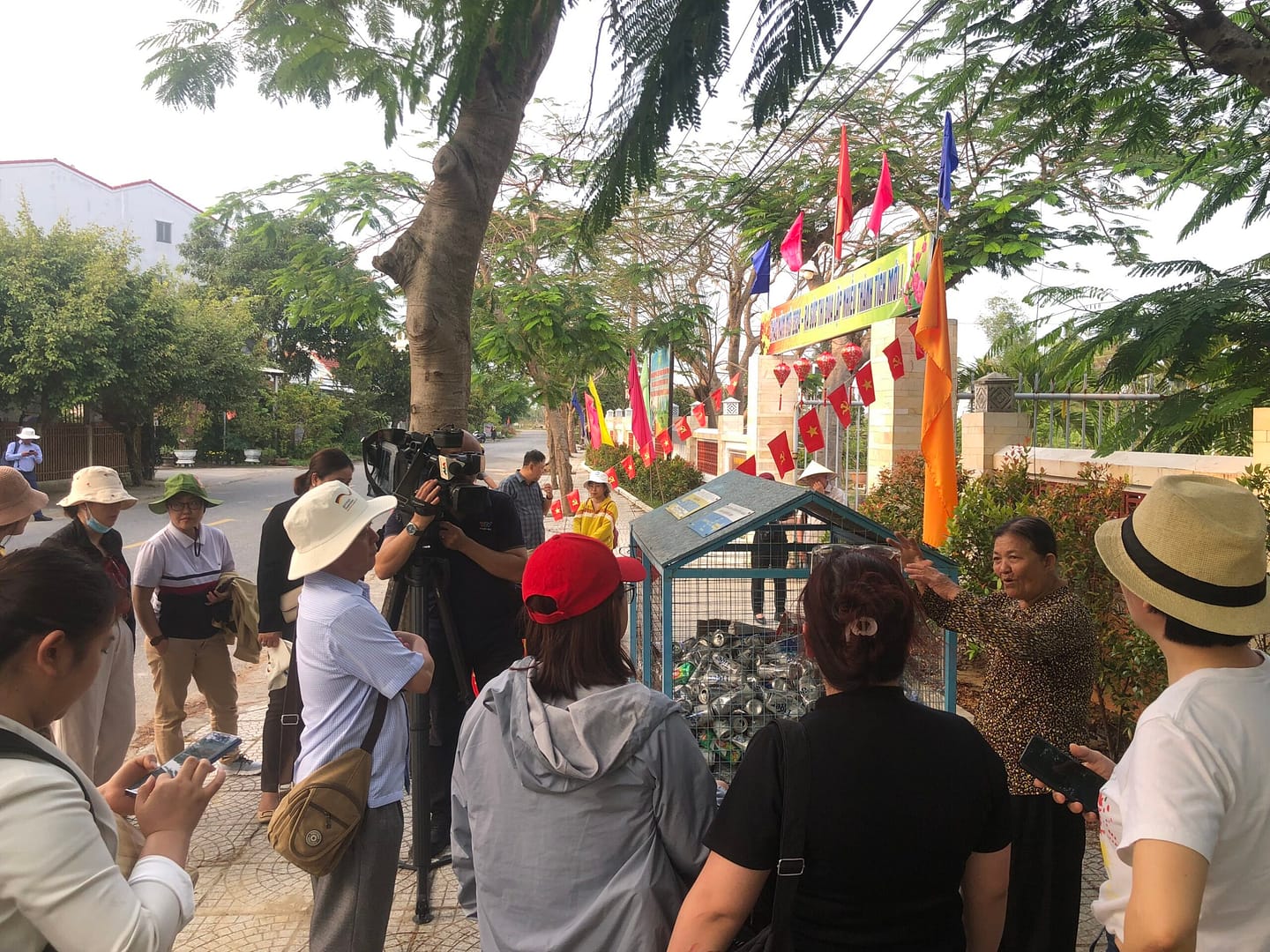Consultation meeting: The role of informal waste workers in solid waste management and implementation of Extended Producer Responsibility (EPR)
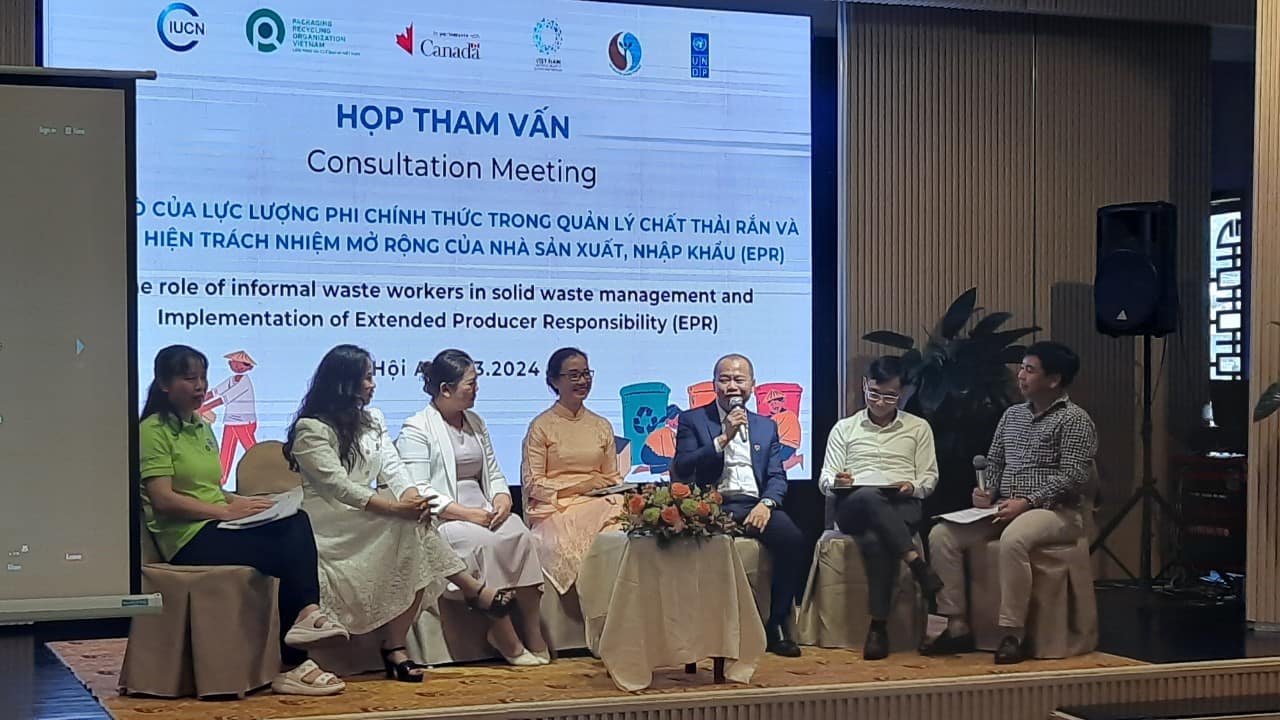
By: lediemquynh
Comments: 0
Consultation meeting: The role of informal waste workers in solid waste management and implementation of EPR
On the occasion of the International Women’s Day in 2024, UNDP Viet Nam, NPAP, and IUCN Viet Nam (through the IUCN-PRO Viet Nam strategic partnership), curated a meeting in Hoi An to recognize and promote the contribution of informal waste workers (IWWs) in reducing solid waste; discuss inputs to Viet Nam’s preparations for the ongoing Global Plastic Treaty’s negotiation; and integrate IWWs into EPR implementation.
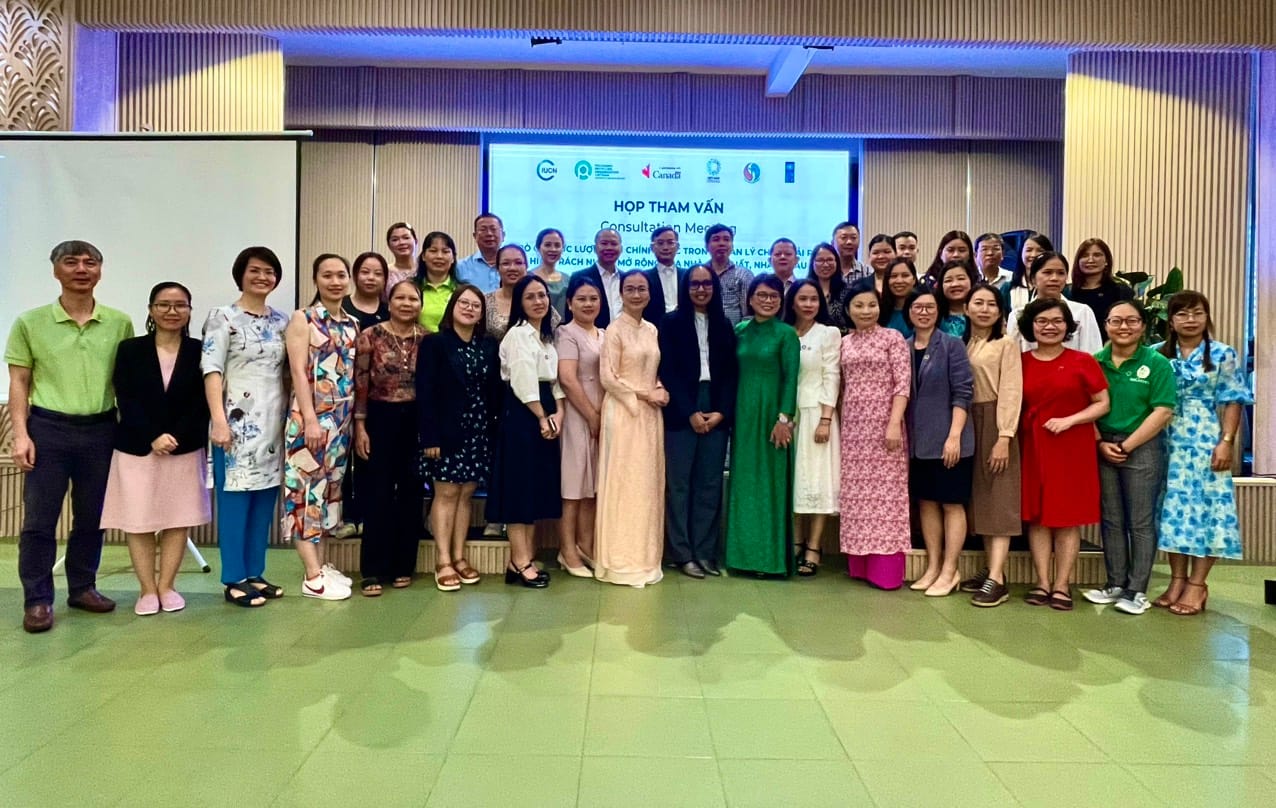
The workshop was participated by the local government authorities, research institutes, NGOs, members of the NPAP’s Gender and Social Inclusivity Task Force, representatives of MONRE, DONRE, UNDP, IUCN, the Canadian Embassy in Viet Nam, Viet Nam EPR Office, local and international NGOs, academia, PRO Viet Nam, business, media and recyclers.
The EPR scheme is expected to have significant changes in the waste management system, particularly impacting IWWs in the collection and recycling of waste. The EPR will fundamentally affect the waste collection, sorting and recycling system in Viet Nam, which is partially undertaken by the informal sector.
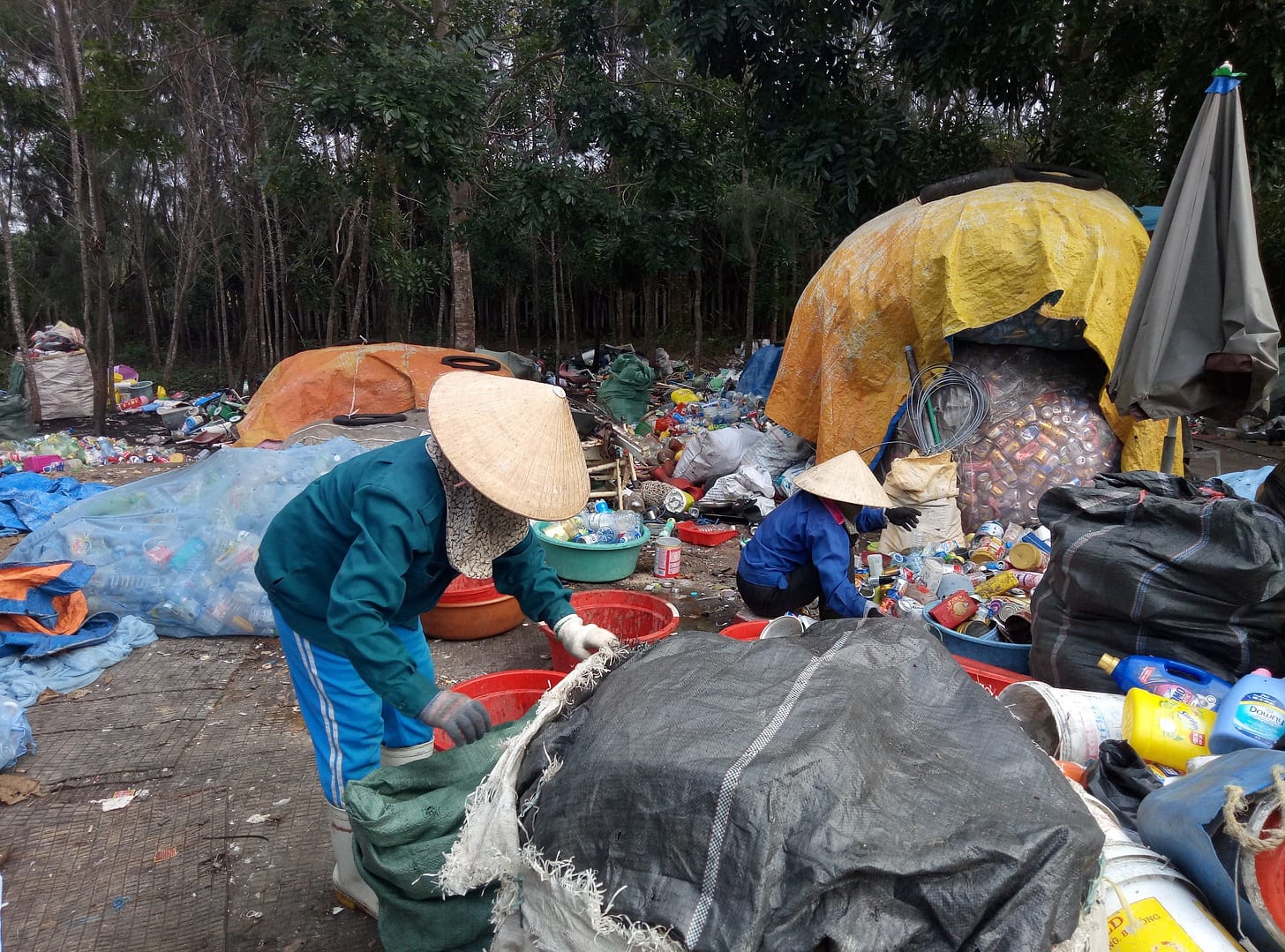
According to The Circulate Initiative (2023), about 60% of plastic waste is collected and recycled by 20 million informal waste workers globally, who are among the most vulnerable and marginalized groups in society. In Viet Nam, the informal sector, where women account for up to 90% of the composition, also helps collect over 30% of recyclable plastic, thereby alleviating the financial burden on local cleanliness and with the potential to support a reduction in the waste collection and treatment costs paid by the government. To shape a sustainable plastic circularity and implement national plans, it is necessary to ensure that IWW have opportunities to improve their livelihoods and support them to transit into the formal waste management system.
IUCN Country Representative Jake Brunner emphasizes that “Waste pickers, almost entirely women, do a vital job collecting, transferring, and pre-treating waste. They therefore play a key role in the circular economy. The challenge is to improve their working conditions and connect them to the formal solid waste management system. This will require effective waste separation at source, much greater government investment in waste collection and processing, and enforcement of anti-littering rules.”
Before the meeting, the participants and the Task Force also visited the pilot models, “Green House” and “Happy Shop”, which were designed and developed by ‘unsung heroes” in Hoi An city. Understanding local contexts and boosting innovative ideas are approaches for all members of the Task Force to finalize its work plan for 2024 and take actions in different areas of Viet Nam.


